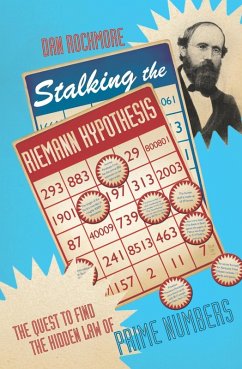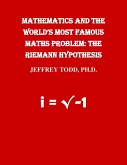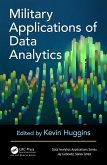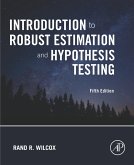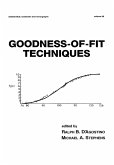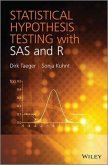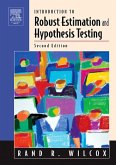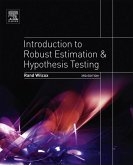Like a hunter who sees 'a bit of blood' on the trail, that's how Princeton mathematician Peter Sarnak describes the feeling of chasing an idea that seems to have a chance of success. If this is so, then the jungle of abstractions that is mathematics is full of frenzied hunters these days. They are out stalking big game: the resolution of 'The Riemann Hypothesis', seems to be in their sights. The Riemann Hypothesis is about the prime numbers, the fundamental numerical elements. Stated in 1859 by Professor Bernhard Riemann, it proposes a simple law which Riemann believed a 'very likely' explanation for the way in which the primes are distributed among the whole numbers, indivisible stars scattered without end throughout a boundless numerical universe. Just eight years later, at the tender age of thirty-nine Riemann would be dead from tuberculosis, cheated of the opportunity to settle his conjecture. For over a century, the Riemann Hypothesis has stumped the greatest of mathematical minds, but these days frustration has begun to give way to excitement. This unassuming comment is revealing astounding connections among nuclear physics, chaos and number theory, creating a frenzy of intellectual excitement amplified by the recent promise of a one million dollar bounty. The story of the quest to settle the Riemann Hypothesis is one of scientific exploration. It is peopled with solitary hermits and gregarious cheerleaders, cool calculators and wild-eyed visionaries, Nobel Prize-winners and Fields Medalists. To delve into the Riemann Hypothesis is to gain a window into the world of modern mathematics and the nature of mathematics research. Stalking the Riemann Hypothesis will open wide this window so that all may gaze through it in amazement.
Dieser Download kann aus rechtlichen Gründen nur mit Rechnungsadresse in A, B, BG, CY, CZ, D, DK, EW, E, FIN, F, GR, HR, H, IRL, I, LT, L, LR, M, NL, PL, P, R, S, SLO, SK ausgeliefert werden.

